All Insights Articles
Seth Goldman on the Not-So-Sweet End of Honest Tea
Seth Goldman called Coke’s decision to discontinue Honest Tea a “gut punch.” But the outcry from disappointed fans of the not-too-sweet drink have inspired him to return to tea.
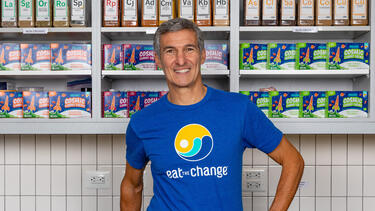
Quickly Disclosing Bad News Could Help Companies Benefit from Market Signals
Consistently releasing negative forecasts promptly could change trader incentives and ultimately help a company gather more strategic information from the market, according to a new study co-authored by Yale SOM’s Zeqiong Huang.

Why Does Spending on Drugs Keep Going Up?
Eric Tichy ’18, vice chair of pharmacy formulary at the Mayo Clinic, explains what’s driving pharmaceutical spending and what the trends mean for patients, providers, and pharma companies.
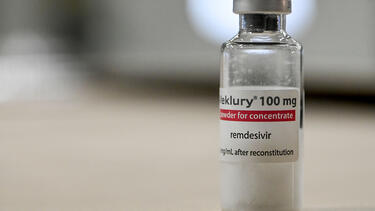
Making the ‘Business Case for Diversity’ Can Backfire with Underrepresented Groups
Many companies say that they are committed to diversity because it boosts firm performance. In a new study, Oriane Georgeac at Yale SOM and Aneeta Rattan at London Business School find that this explanation can have detrimental consequences for the very applicants that companies seek to attract.
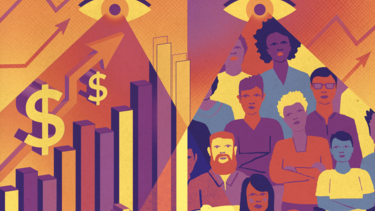
The Rise of the Mutual Fund Is Reducing Corporate Competition and Hurting Consumers
Mutual funds have become large shareholders in most public U.S. firms. The resulting overlaps in ownership are boosting corporate profits but harming consumers, according to a new study co-authored by Florian Ederer of Yale SOM.
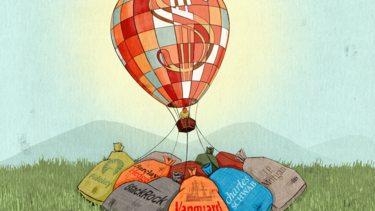
Moving Consumer Brands to Climate Neutral
A nonprofit co-founded by Austin Whitman ’07 is helping consumers direct their spending to brands that are serious about solving climate change by certifying companies that measure their emissions, offset them in the short-term, and move toward decarbonization.

Taken to an Extreme, Gerrymandering Could Lead to a One-Sided Congress
A new study by Yale SOM’s Kai Hao Yang and Alexander Zentefis finds that partisan gerrymandering, pushed to the limit, could exclude the views of half the country from the legislative process.
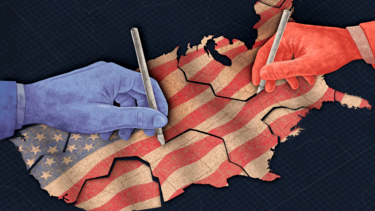
Real-Time Placement Odds Can Smooth the School Choice Process
Some families going through the school placement process overestimate their chances of getting into their top choices, and fail to match at any school as a result. Warnings about the placement odds at top schools can dramatically reduce non-placements.

Religious Nursing Homes Have More Severe Violations of Care Standards than Secular Ones. Why?
The homes’ strong internal identity means that wrongdoing is less likely to be flagged for an outside regulator’s involvement, allowing problems to worsen, suggests new research co-authored by Yale SOM’s Amandine Ody-Brasier.

Perceptions of Shifts in Public Opinion Are Wildly Off Base
People greatly overestimate how conservative people were in the past, leading to an exaggerated impression of liberal progress, according to a study by Yale SOM’s Jason Dana and Adam Mastroianni of Columbia Business School.
